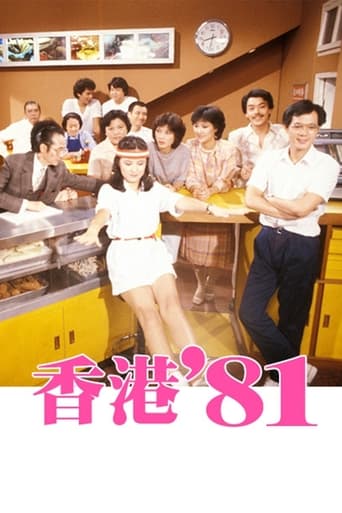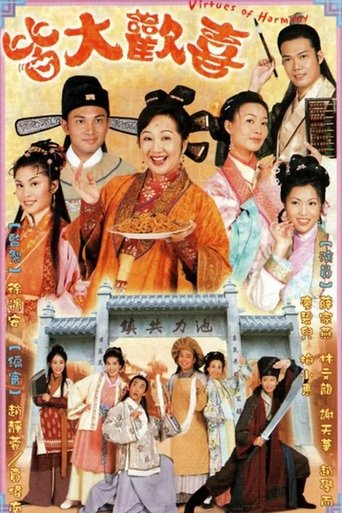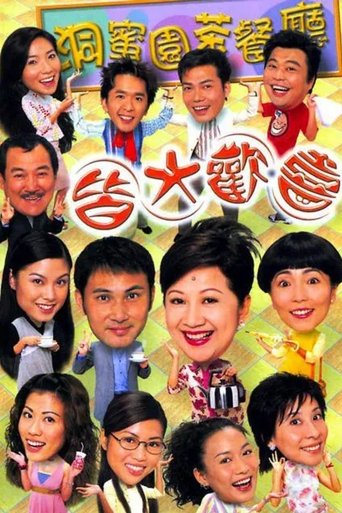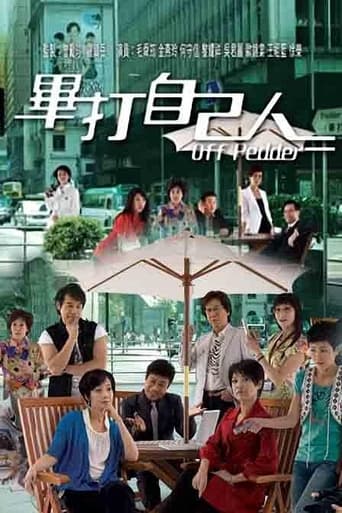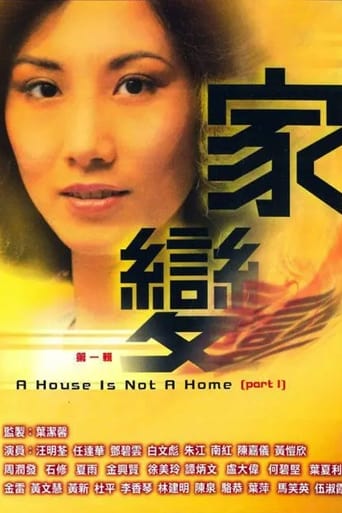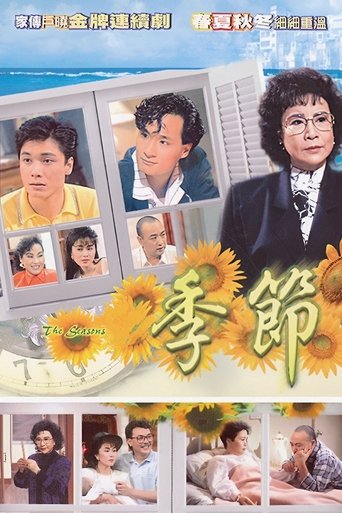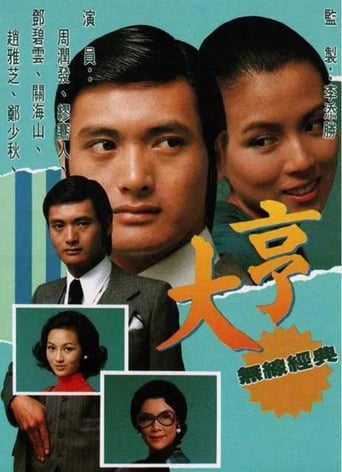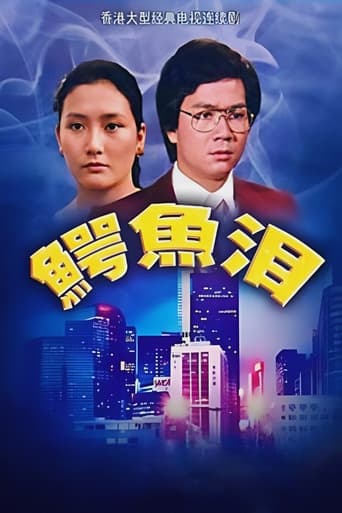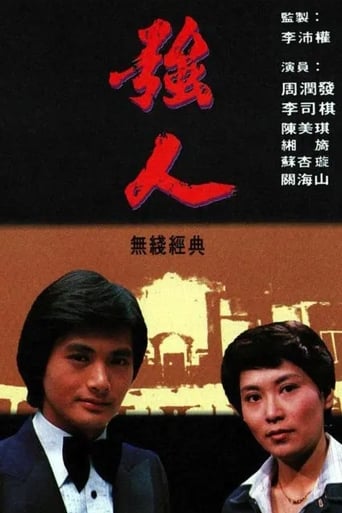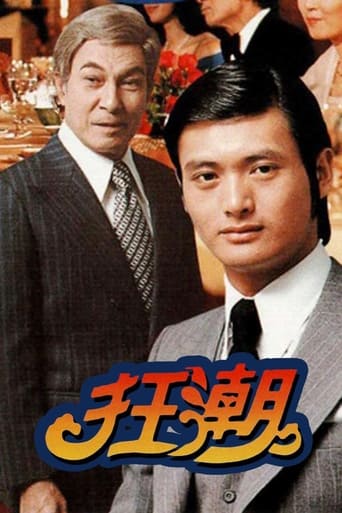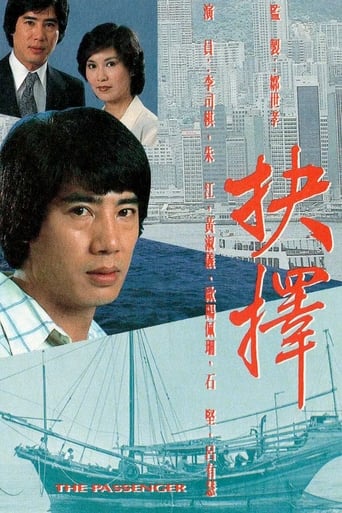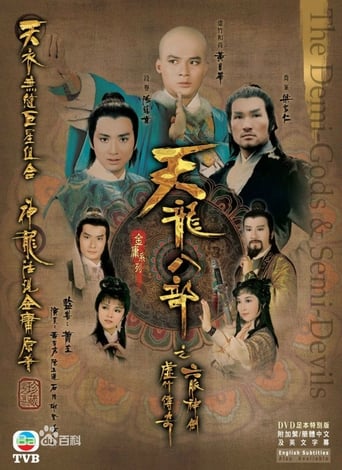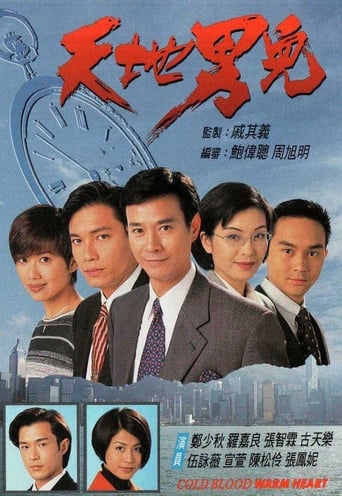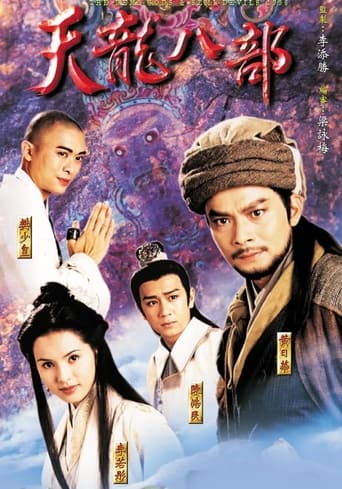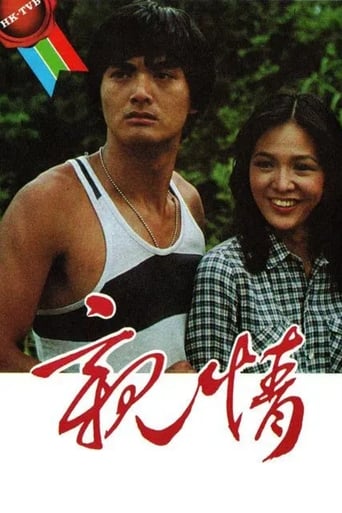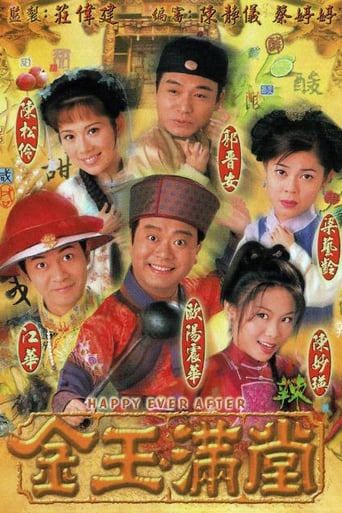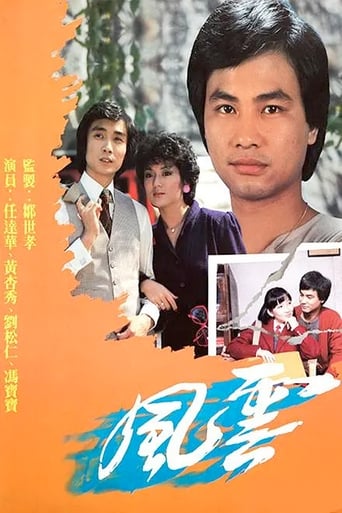Come Home Love: Lo and Behold 2017
Hung Sue Gan starting from the bottom, established his own logistics company, which is now running smoothly. His only concern now are his three daughters. His eldest daughter has immigrated overseas. His second daughter Hung Yeuk Shui has reached the marriageable age, but has no hopes for marriage anytime soon. She is constantly bickering with her younger sister Hung Sum Yue, who is an honour student, over trivial matters, causing their father to not know whether to laugh or cry. Hung Sue Yan, Hung Sue Gan's brother, moves in with the family, temporarily ending his life as a nomadic photographer. He joins Hung Yeuk Shui's company and encounters Ko Pak Fei, the director of an online shop. The two appear to be former lovers, making for lots of laughter. Since Hung Sue Yan moved in, a series of strange events have occurred in the family. Upon investigation, the source is traced to Lung Ging Fung, a promising young man who is the son of department store mogul Lung Gam Wai.

